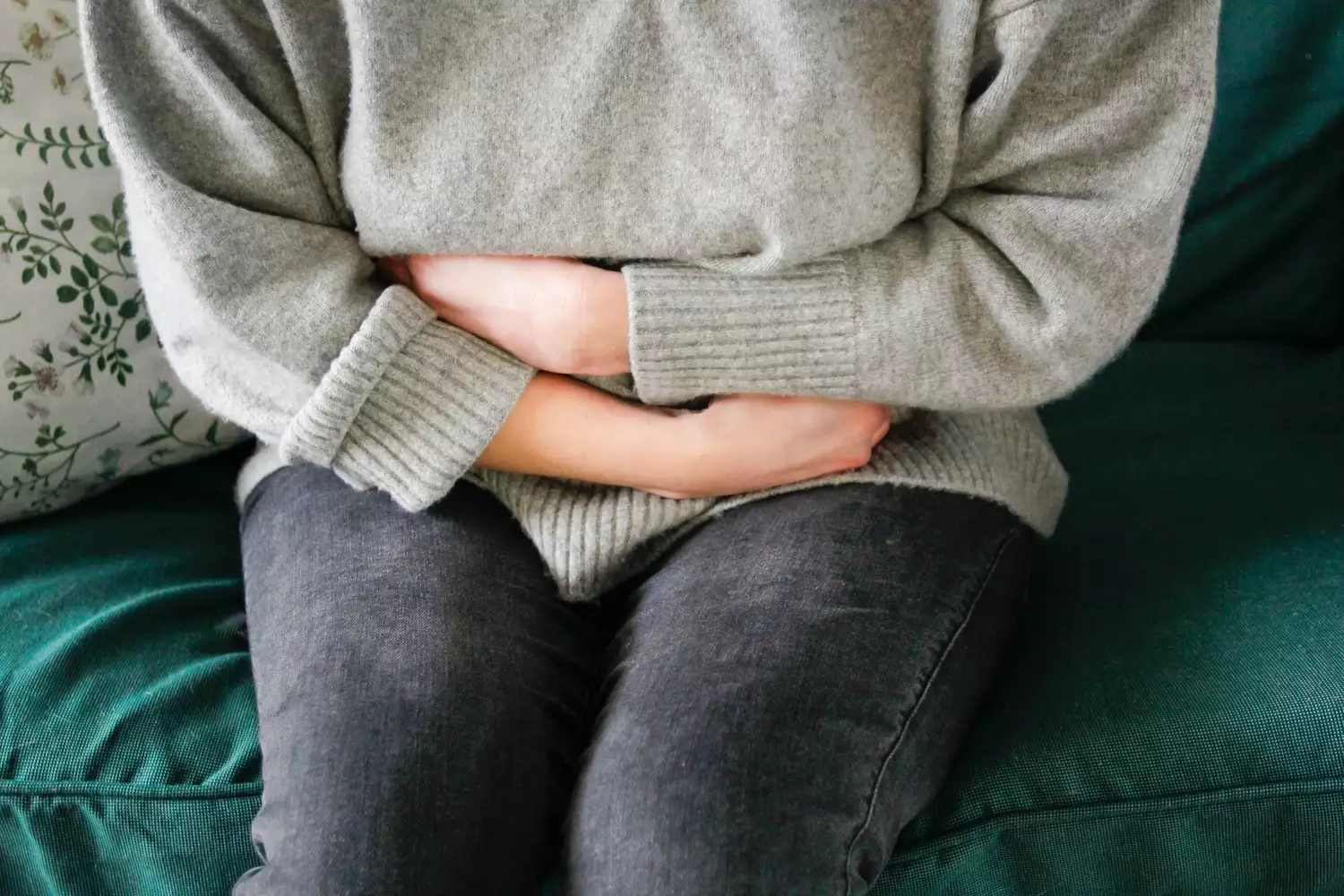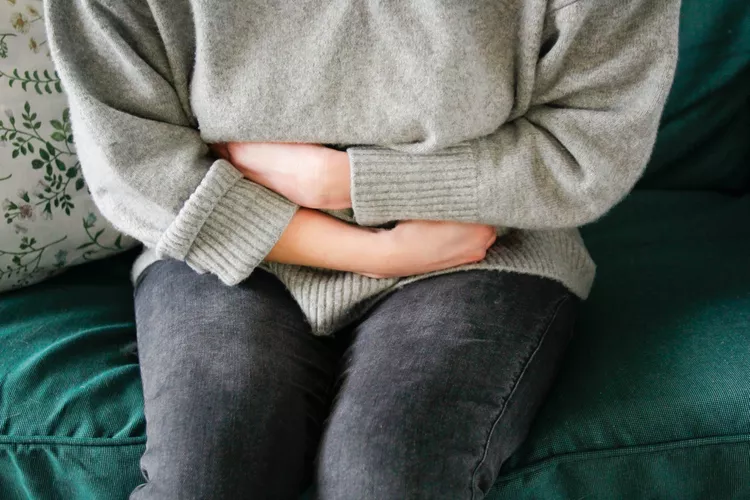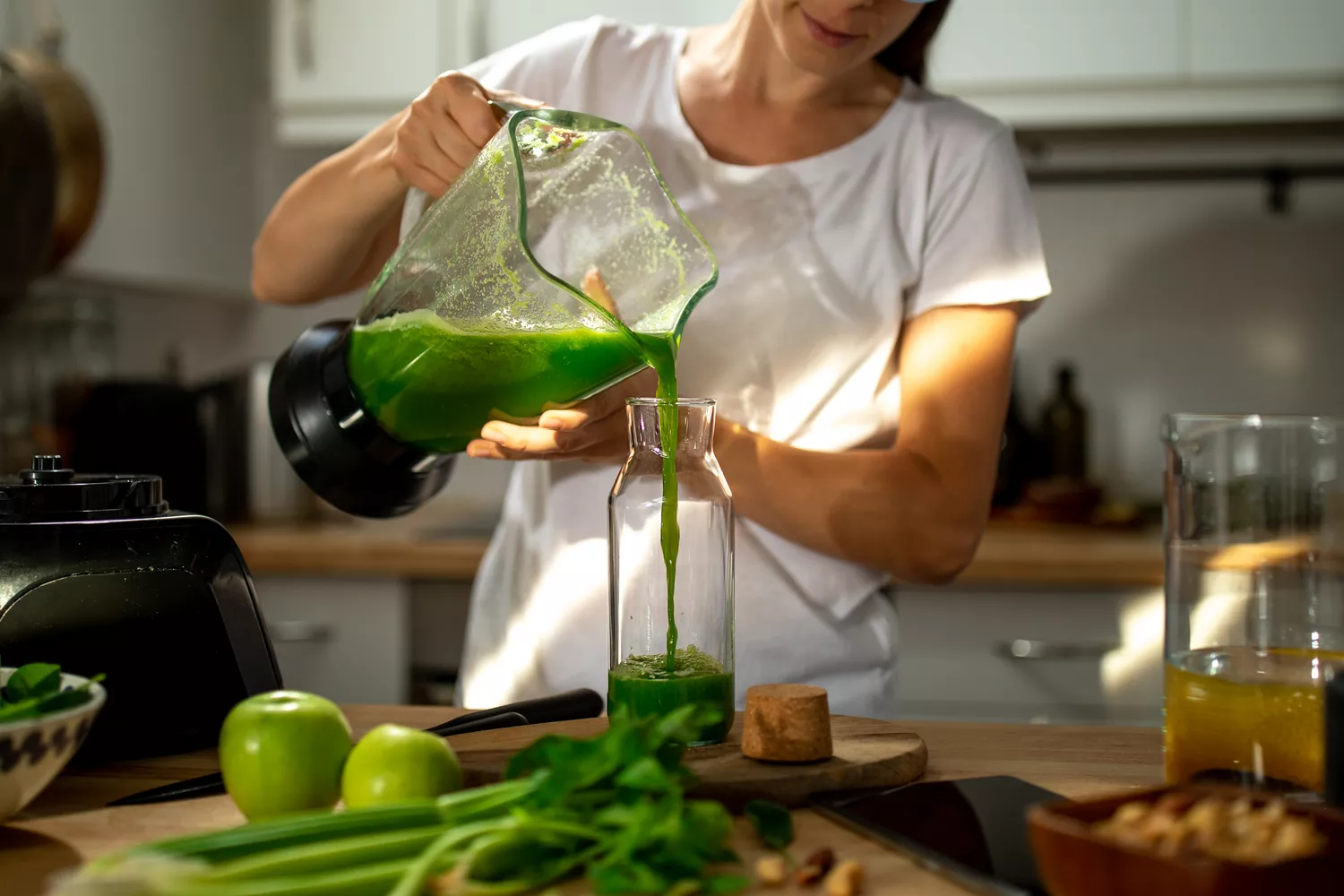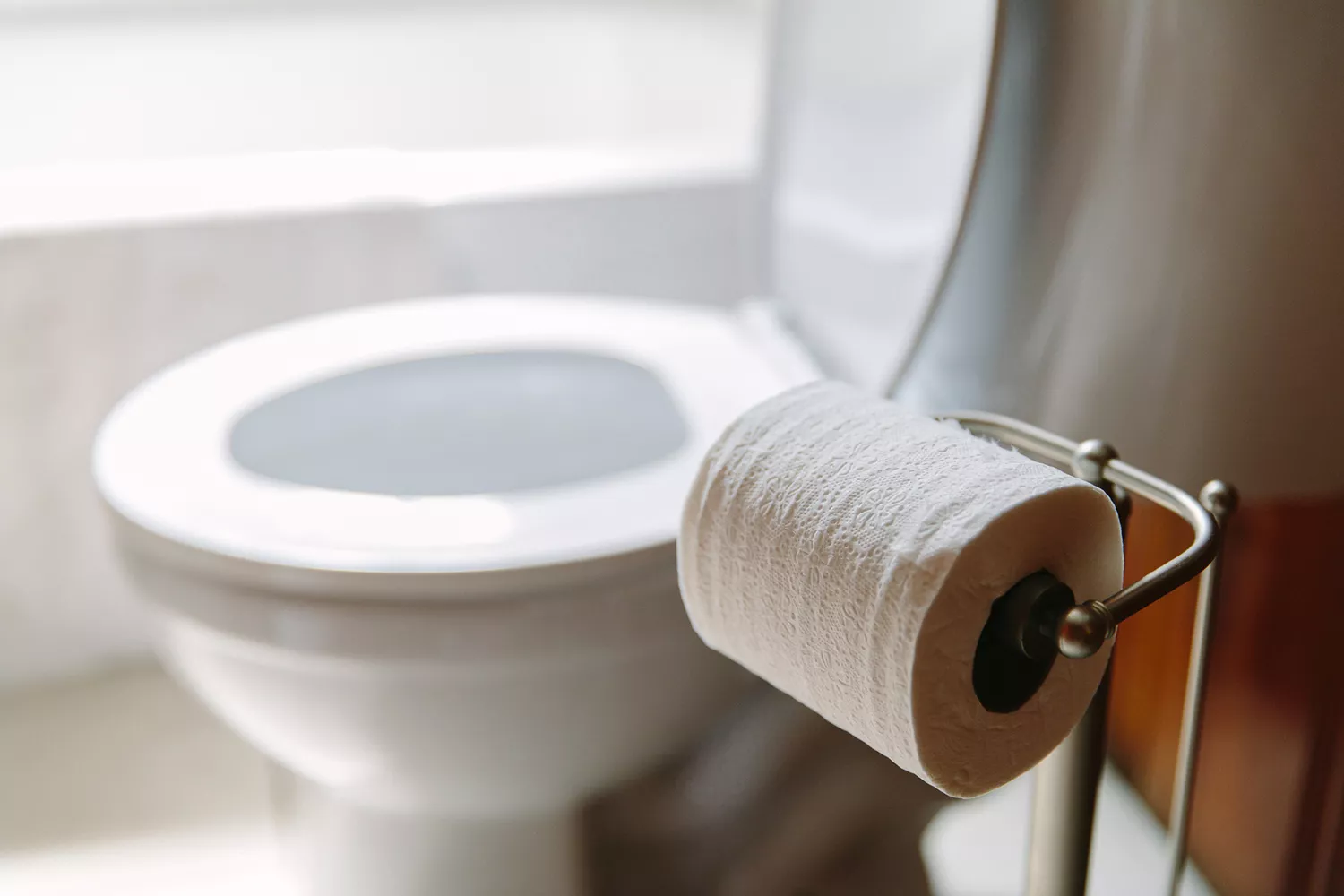Bloating– or stomach distension– is super common, with data suggesting that practically 18% of people around the world experience bloating at least once per week.1.
The procedure of digesting particular foods and a number of other aspects can make it more likely that you’ll feel puffed up after eating. There are at-home, over the counter (OTC), and prescription treatment choices to choose from based on the precise cause of your post-meal bloating.
And to prevent excess bloating from turning up in the future, there are a variety of expert-backed ideas to help keep your gut health on track.
Signs of Bloating.
In general, bloating is an uneasy feeling of fullness or pressure in your stomach. It takes place when your gastrointestinal tract (the digestive system that runs from your mouth to your rectum) fills with gas or air– which can be common after a meal.2.
When you’re bloated, you may feel or see:2.
A sensation of fullness, like there’s no more space left in your stomach.
Discomfort or discomfort in the stomach location.
Burping or passing gas.
A swelling or growth in the stomach location, to the point where clothing may feel tight.
For many individuals, occasional bloating and associated moderate signs only take place sometimes.3 But for others, particularly when there’s another health condition present, these signs might be moderate or severe to the point where they disrupt daily activities.4.
For How Long Does Bloating Last After Eating?
Bloating occasionally after consuming is typically just momentary, typically landing someplace between a number of hours to a day or more.56 But precisely for how long you’ll feel puffed up after a meal can depend upon the underlying cause.
For example, exists a food intolerance or another intestinal condition like irritable bowel syndrome (IBS) at play? In addition, the time it takes your body to totally absorb food can be anywhere from two five days.7.
What Causes Bloating After Eating?
Bloating after consuming can happen due to a range of causes– particularly, your diet, way of life habits, any food allergies or intolerances, and sometimes certain health conditions.
Some common causes that may set off bloating after eating include:89.
Swallowing air while chewing your food.
Eating too much food in one sitting.
Eating foods that are high in fiber or sugar alternatives.
Lactose intolerance or other problems with food digestion.
Being constipated.
Having gastroesophageal reflux illness (or GERD) or IBS.
Bacterial overgrowth in the stomach.
Taking particular medications, like some prescribed for diabetes.
Other more severe (and less common) triggers might include a medical condition such as:9.
MedlinePlus. Stomach bloating.
Stomach growth.
Ovarian cancer.
Celiac disease, a condition that happens when the body immune system responds to gluten.
Pancreatic insufficiency, when the pancreas doesn’t make enough of a necessary enzyme.
Discarding syndrome, when food moves too rapidly through the digestion tract.
How to Get Rid of Bloating After Eating.
If your bloating is occasional or mild, know that there are some actions you can require to help in reducing it. You may consider:243.
Attempting drugstore solutions: Medications consisting of simethicone like GasX, Pepto Bismol (bismuth subsalicylate), charcoal caps, or lactase help like Lactaid for dairy intolerances are valuable.
Getting physical activity: Moving frequently before and after meals to aid with food digestion and minimize bloating signs.10 11.
Self-massaging your abdominal location: Doing this while setting can support healthy food digestion. 12.
Natural teas: Teas with ingredients like peppermint and chamomile to potentially help relieve stomach-related signs.
Individuals with bloating that happens regularly or badly may be advised to try other prescription treatment options, including:13.
Medication for irritable bowel syndrome (or IBS) like dicylomine.
Antibiotics for intestinal tract bacterial overgrowth.
Laxatives if irregularity is at play.
How to Prevent Bloating After Eating.
It’s crucial to explain that some bloating after consuming every so often is considered to be normal, so know that you might not have the ability to completely avoid it in all cases.13.

But if you’re looking to avoid stomach bloat as much as possible, professionals recommend:13.
Adjusting your diet plan to consume lots of water, fresh produce, and healthy fats.
Avoiding alcohol, carbonated drinks, excess sugar and gas- and bloat-inducing foods, like beans, cabbage, cauliflower, and dairy.
Being mindful of getting enough fiber, but overdoing it.
Avoiding routines like chewing gum, sucking on tough sweet, or drinking from straws.
Consuming meals more gradually.
Stopping smoking.
Integrating probiotics into your routine 14.
Deal with irregularity if required.
When to See a Healthcare Provider.
Bloating every as soon as in a while is normally not a cause of concern. But if you’re observing regular and irritating bloating, it’s probably a great idea to consult a healthcare provider to make certain there aren’t any underlying health conditions at play.
And if your serious bloating is accompanied by any of the following signs, look for medical attention right away:2.
Bloody stool.
Nausea.
Vomiting.
Diarrhea.
Heartburn that appears to become worse.
Noticeable, unintended weight loss.
Fever.
If a healthcare provider finds that your bloating is being prompted by something more serious, they will treat the root cause. From there, they can suggest a dietician, gastroenterologist, or other experts to help you get your gastrointestinal system back on the ideal track.



